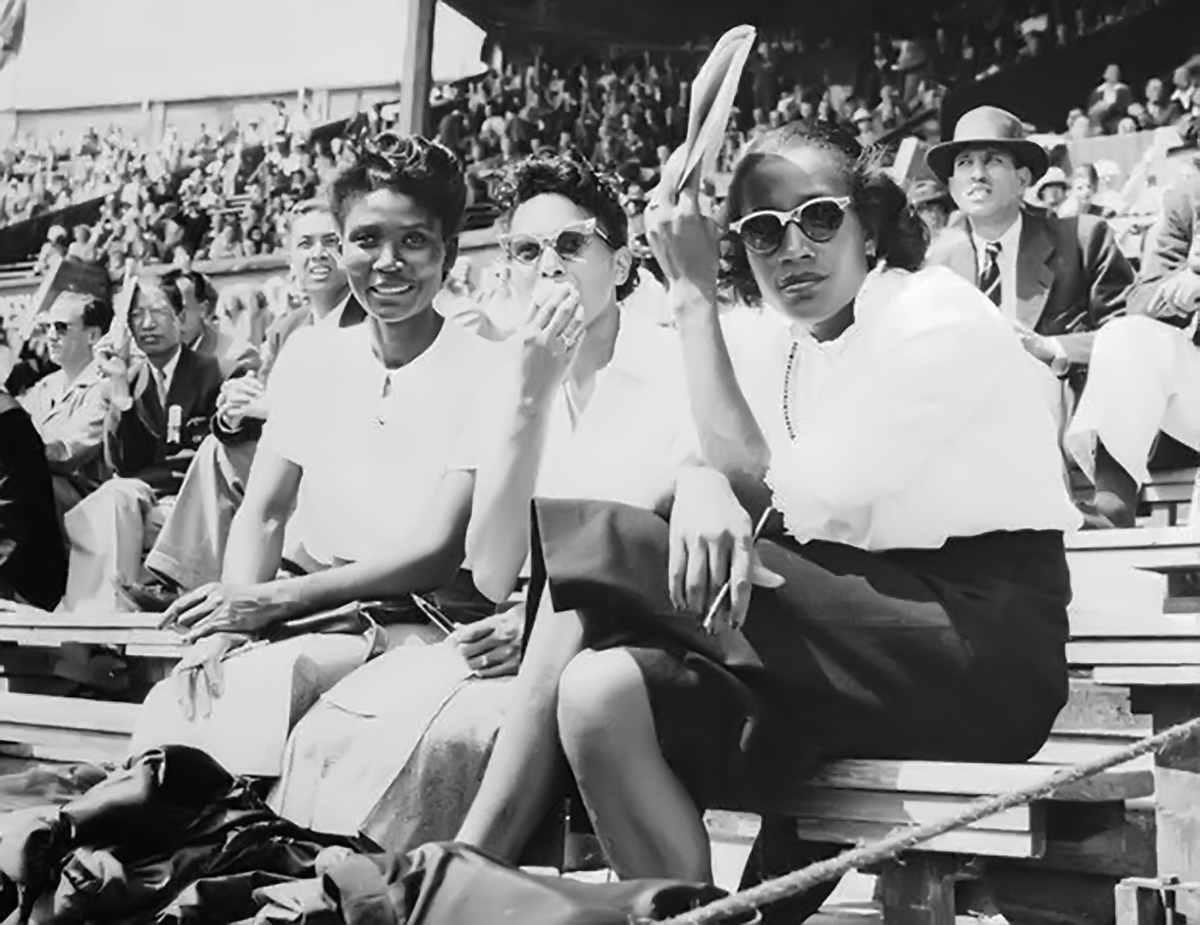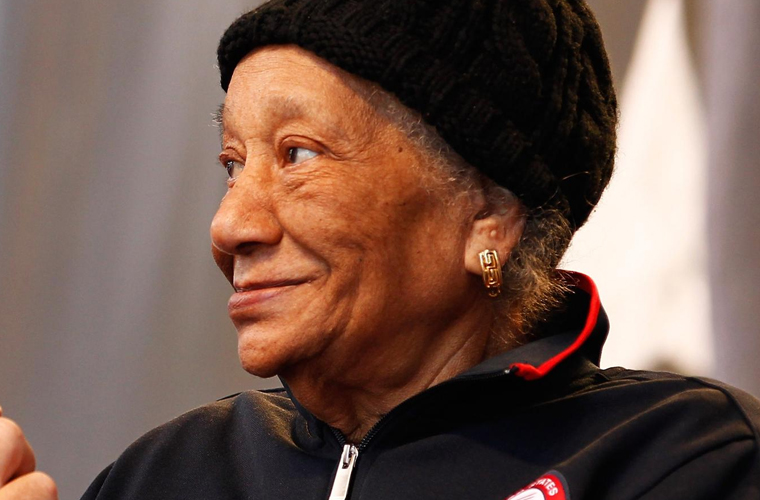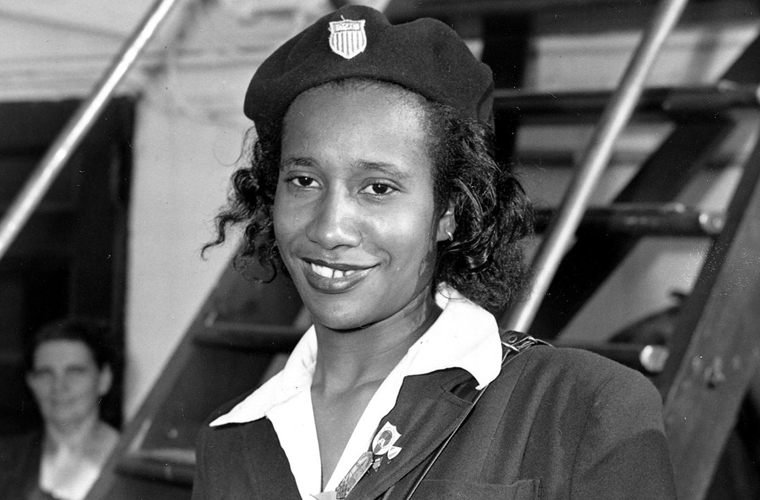Alice Coachman was an accomplished American athlete, best known for her achievements in track and field. She was born on November 9, 1923, in Albany, Georgia, United States. Coachman faced numerous challenges and overcame racial barriers to become the first Black woman to win an Olympic gold medal.
Growing up in the segregated South, Coachman faced discrimination and limited opportunities for athletic training. However, she displayed exceptional talent and a strong determination to succeed. At the age of 16, she won her first national championship in the high jump at the National AAU (Amateur Athletic Union) meet in 1939.

In 1941, Coachman received a scholarship to attend Tuskegee Institute (now Tuskegee University) in Alabama, where she continued to excel in track and field. She set records in the high jump and the 50-meter dash, and she won ten consecutive national championships in the high jump from 1939 to 1948.
However, the pinnacle of Alice Coachman’s career came in 1948 when she represented the United States at the Olympic Games in London. There, she became the first Black woman to win an Olympic gold medal. Coachman achieved this feat in the high jump event, clearing a height of 1.68 meters (5 feet 6 1/8 inches). Her victory made her a symbol of pride and inspiration for African Americans and women around the world.
After the Olympics, Coachman was honored with parades and celebrations. She received numerous awards and accolades for her groundbreaking achievements. Despite her success, Coachman’s athletic career was cut short due to the cancellation of the 1940 and 1944 Olympic Games because of World War II.
Following her retirement from competitive athletics, Coachman went on to pursue a career in education and community service. She worked as a teacher and coach in Albany, Georgia, and later established the Alice Coachman Track and Field Foundation, which aimed to support young athletes and promote sports participation in underprivileged communities.
Throughout her life, Alice Coachman remained an influential figure in the world of athletics. Her determination, talent, and groundbreaking achievements helped pave the way for future generations of athletes, particularly women and people of color. Coachman passed away on July 14, 2014, leaving behind a remarkable legacy as a trailblazer and role model.


